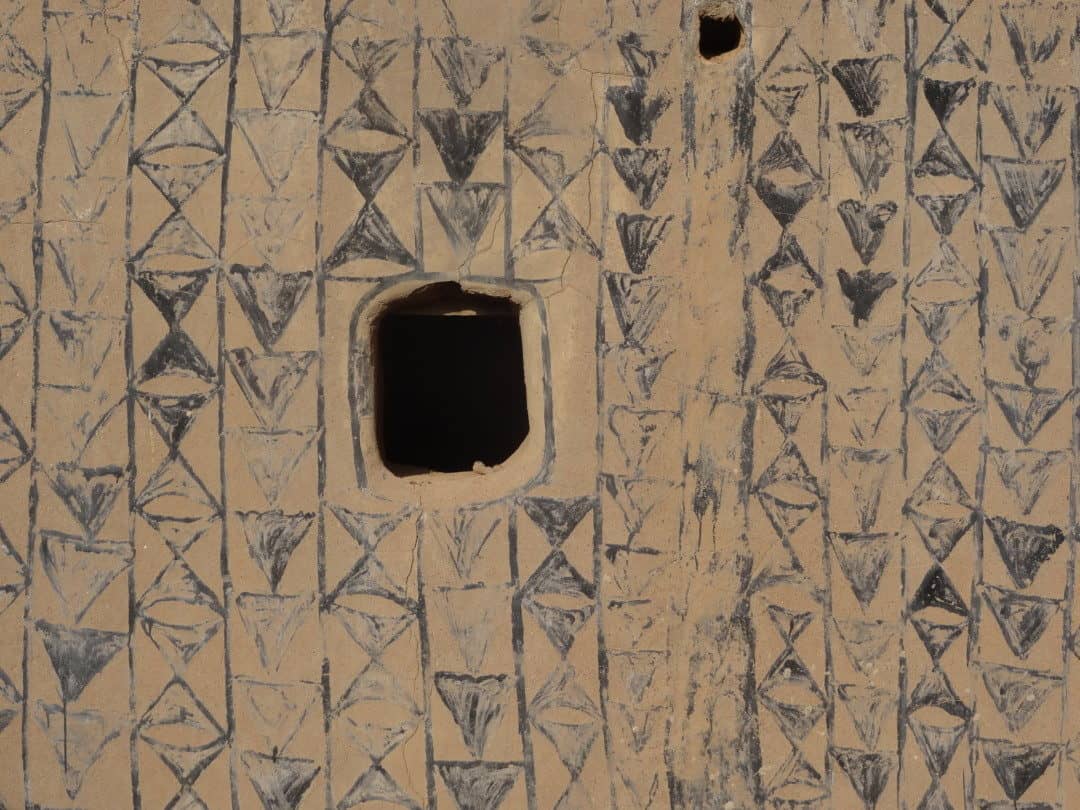Since 2015, the number of Victims is on the Rise
According to the Minister of Women Affairs Laure Zongo Hien, in modern 2017 Burkina “the social exclusion of women accused of witchcraft is gaining ground, particularly in the North, the Boucle du Mohoun, the Plateau-Central, and the East, Center, and Center-South regions.”
Old women are often accused of being “soul stealing thieves;” as such, they are subject to inhumane and degrading treatment and shunned from their families and villages.
Statistics are gloomy; in December 2016, 926 women were victims of social exclusion further to witchcraft allegations recorded in shelters, compared to 332 women in 2015. What happened?
The victims of such absurd beliefs increased by nearly 280% in just a year. This huge rise is mostly due to the self-defense militia groups which have sprouted across the territory since 2016 to maintain law and order in the Burkinabè countryside. Witch hunts have escalated in this context of militia and popular justice.
The French newspaper Le Monde addressed this new phenomenon: “the Koglweogo – meaning ‘the guardians of the bush’ in Moore – who fight robbery and petty crime are quite heavy-handed. The Government is struggling to stop them from using torture.” On March 11, 2016, Le Monde published an article about the several alleged thieves who perished under the trees, which these civilian militia units consider as their “headquarters.” These wretched men are sometimes attached and tortured for days on end until they confess their supposed deed. The fate befallen the old “soul stealing” women has worsened in such a noxious climate.
To this day, confrontations between the Koglweogo and the rest of the population have claimed lives on both sides. In a press conference held on February 4, 2016, the current Minister of State in charge of Territorial Administration, Decentralization, and Internal Security Simon Compaoré announced his intent to legitimize and supervise the Koglweogo in an attempt to pacify and control the situation.
How can one change the views and cultural beliefs so powerfully ingrained in the people’s minds?
In the past, public awareness campaigns and Burkinabè-made films alerted the public on the sad fate awaiting many women in rural areas; such initiatives are more necessary today than ever across the Burkinabè territory.
Burkinabè filmmaker Idrissa Ouédraogo addressed this issue in his movie Yaaba, awarded the Special Jury Prize at the 1989 FESPACO Festival; more recently, Delwende by S. Pierre Yaméogo was part of the “Un Certain Regard” Official Selection at the 2005 Cannes Festival. Since 1966, the Delwende Center in Ouagadougou – “Delwende” meaning “God Is with Us” in Moore – has welcomed “witches” banished from their own villages.
